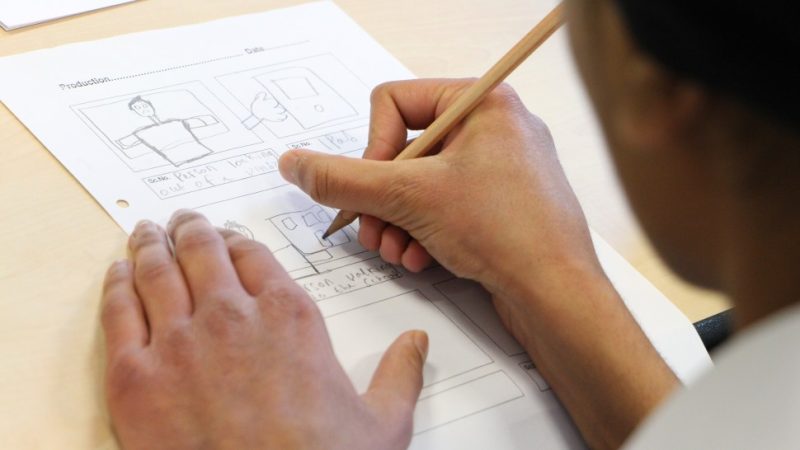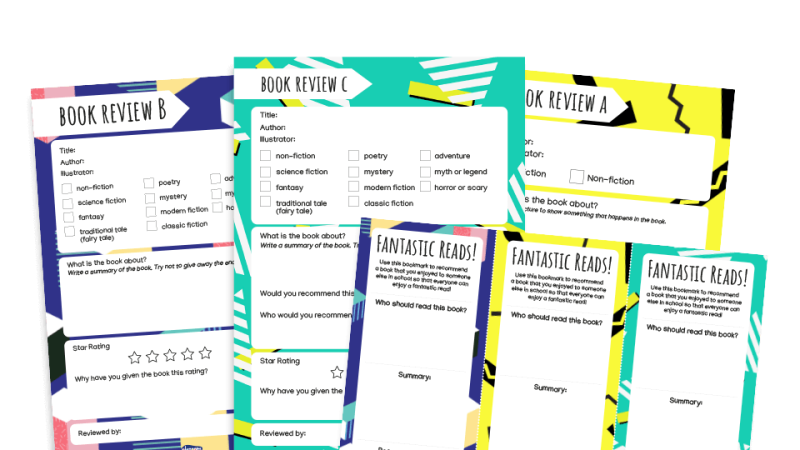Education research – why ‘evidence’ isn’t enough

We need an inclusive approach to research in primary literacy education to really see results – it’s not just about large-scale studies….

The recent schools white paper, Opportunity for all: strong schools with great teachers for your child, makes a commitment to evidence-based teachings.
Using ‘evidence’ to inform literacy learning, however, is a complex business.
Schools white paper
When policy makers refer to ‘evidence’, they often refer to the kind of work being done by the Education Endowment Foundation (EEF) and their network of Research Schools.
In recent years, the EEF has done a huge amount to fund and disseminate findings from randomised controlled trials, and to synthesise research from various sources.
Partly as a result of this, it’s been claimed that England has one of the best infrastructures for evidence-based teaching in the world.
Randomised controlled trials can indeed provide important information for schools when identifying approaches that may support aspects of literacy learning.
But it would be doing schools, teachers and children a disservice to claim that the only contribution that research can make is to provide evidence based on large-scale trials.
It’s clear that there are many other ways in which research can speak to literacy education – and many other kinds of research that can be useful in supporting professional thinking and decision-making.
Literacy teaching and learning
In-depth qualitative studies that focus on a single classroom or even a single child can also help teachers and schools to reflect upon and refine approaches to literacy teaching and learning.
Jacqueline D’Warte from the University of Western Sydney, for example, spent two years studying what happened in one class when 6–8-year-old, newly arrived bilingual learners were invited to share their knowledge about different languages and dialect, to describe their experiences of using language at home and school, and to use languages other than English to support understanding across the curriculum.
Her work is a great example of how a case study of a single class can show how generic approaches might play out for individual children.
We can also draw on research to challenge assumptions about children’s literacy at home and school. We often hear it said, for example, that boys don’t read fiction and that, if we are to get boys reading, we need to provide them with non-fiction.
Laura Scholes, Nerida Spina and Barbara Comber however – again writing from Australia – draw on interviews with thirty 8–9-year-olds to debunk this idea, showing that boys’ reading preferences can be varied and sophisticated and often include fiction.
Such research is a reminder never to over-generalise and that, if we make assumptions based on gender or anything else, we might miss opportunities to engage and cultivate children as readers.
Literacy provision
Research can also challenge us to rethink the aims and scope of literacy provision. This is important because literacy doesn’t stay the same.
Nowadays reading and writing usually involves navigating multiple texts produced by different groups and individuals (e.g. searching online), interacting with people we never meet (such as on social media) and using images as well as words.
Given this, for over 20 years literacy researchers have argued that the literacy curriculum should accommodate creative, collaborative and critical use of digital text for a wide range of purposes.
If we use research only to decide what works within the existing curriculum, we may fail to support the literacy learning that children need for their current and future lives.
Of course, ideas about literacy and how it is learned have been the subject of much debate over many years, as have the relative benefits of different kinds of evidence.
Famously, phonics-centred approaches to teaching early reading were long ago pitted against whole-language approaches and this divisive perspective often persists.
Such controversies, however, are often overplayed and different perspectives and practices are far more nuanced than press coverage would suggest.
Rather than polarising debates, it is far more useful to think about the different kinds of contributions that research can make to professional thinking.
Research may well provide ‘evidence’ on which to make decisions about which strategies to try. But it can also provide a sounding board for ideas, a starting point for reflection, and a space for imagining possibilities.
What we need therefore is an inclusive approach to research that recognises the distinctive contribution of different research methodologies and different ways of understanding what matters to literacy learning.
Cathy Burnett is a professor of literacy and education at Sheffield Institute of Education, Sheffield Hallam University.












